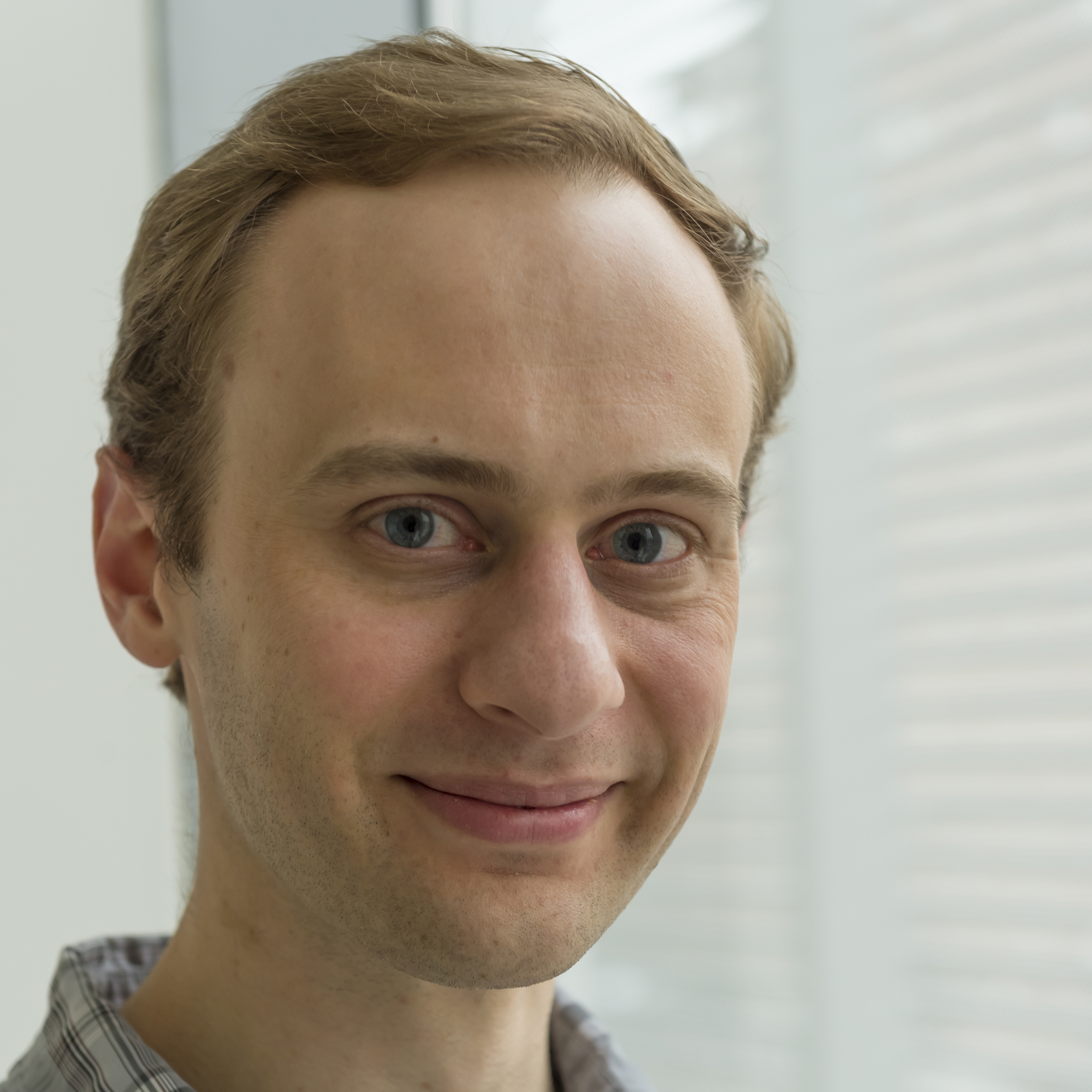
Biography
Kevin Esvelt leads the Sculpting Evolution group, which invents new ways to study and influence the evolution of ecosystems. By carefully developing and testing these methods with openness and humility, the group seeks to address difficult ecological problems for the benefit of humanity and the natural world.
Prior to joining the Media Lab, Esvelt wove many different areas of science into novel approaches to ecological engineering. He invented phage-assisted continuous evolution (PACE), a synthetic microbial ecosystem for rapidly evolving biomolecules, in the laboratory of David R. Liu at Harvard. At the Wyss Institute, he worked with George Church to develop the CRISPR system for genome engineering and regulation and began exploring the use of bacteriophages and conjugation to engineer microbial ecosystems.
Esvelt first described how CRISPR gene drives could be used to alter the traits of wild populations in an evolutionarily stable manner. By emphasizing universal safeguards and early transparency, he has worked to ensure that community discussions always precede and guide the development of technologies that will impact the shared environment.